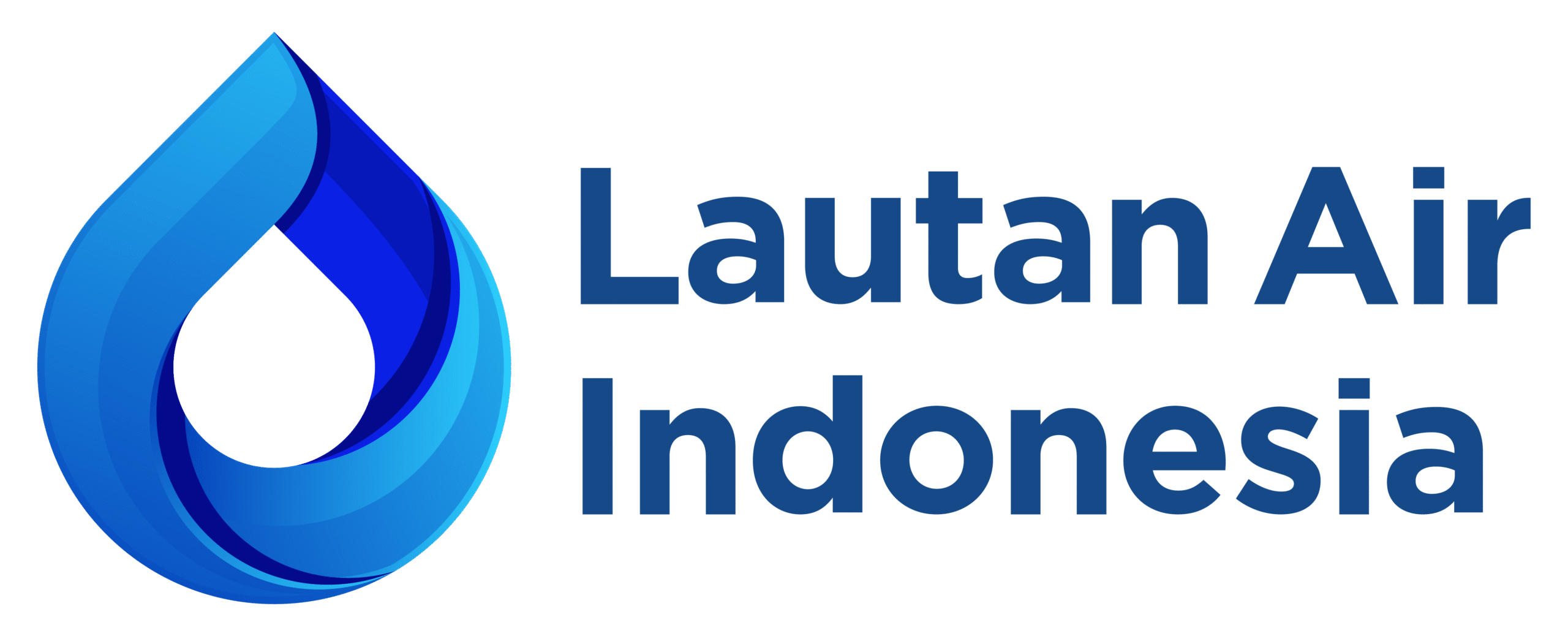Water treatment is a crucial process for maintaining safe and suitable water quality for consumption and various human uses. One crucial step in water treatment requires a coagulant.
What is a Coagulant?
A coagulant is a chemical added to water to help precipitate fine particles that cause cloudiness. These particles can be colloids, clay, algae, or anything too small to be removed by conventional filtration.
Coagulants work by neutralizing the electrical charge on the particles, causing them to attract each other and form larger clumps. These clumps, called flocs, can then be separated from the water through settling or filtration.
Read Also: Understanding Coagulation in Water Treatment Processes
Function of Coagulants
The main purpose of using coagulants is to collect unwanted particles, making them easier to separate from the water. To be more precise, here are some of the main functions of coagulants.
1. Eliminating Turbidity
Turbid water is full of suspended particles such as silt, clay, algae, and microorganisms. These particles float and cannot be easily separated by filtration.
Coagulants work by neutralizing the electrical charge on these particles. When the electrical charge is neutralized, the particles attract each other and form larger clumps that then settle. This results in clear water and is free of turbidity-causing particles.
2. Facilitates the Filtration Process
The flocs formed by coagulants are larger than the individual suspended particles. This larger size makes the flocs more easily trapped in the filter media.
As a result, the filtration process becomes more efficient and effective. Filters don’t clog as quickly, resulting in cleaner, clearer water.
3. Improves Water Quality
Coagulants not only remove turbidity but also help improve overall water quality. By removing suspended particles, coagulants help reduce the levels of organic matter, heavy metals, and microorganisms in water.
This is important for maintaining the health and safety of the water we consume. Water treated with coagulants is generally clearer, odor-free, and safe to drink.
Types of Coagulants
There are various types of coagulants used in water treatment, each with different characteristics and uses. Here are some commonly used coagulants.
1. Aluminum Sulfate (Alum)
Alum is a classic coagulant that is inexpensive and effective for removing turbidity. It is suitable for treating drinking water and wastewater with moderate to high turbidity levels.
It works by neutralizing the negative charge on suspended and colloidal materials to produce flocs suitable for easy removal by settling or flotation processes and promotes more efficient sludge treatment and dewatering.
2. Poly Aluminum Chloride (PAC)
PAC is a type of coagulant often used as an alternative to alum. This coagulant is suitable for the treatment of drinking water and wastewater that are sensitive to chemical residues.
It is an effective coagulant for rapidly removing microscopic suspended matter over a wide range of turbidity, temperature, and pH, similar to that found in natural surface waters. This coagulant is also effective for removing algae.
3. Aluminum Chlorohydrate (ACH)
Aluminum Chlorohydrate (ACH) is a member of the aluminum-based coagulant family. This coagulant is used in a variety of water treatment applications, including drinking water and wastewater treatment. It can be used to remove turbidity, organic matter, heavy metals, and other contaminants from water.
Having a high alkalinity and highly polymerized, ACH has little effect on alkalinity and pH, making it ideal for treating source water with low alkalinity or high turbidity.
Read Also: Aluminum Sulfate: Properties And Functions
Lautan Air Indonesia: Your Coagulant Provider
Coagulants play a crucial role in water treatment, helping to produce clean, safe, and drinkable water. With increasing pollution and pressure on water resources, it is crucial to continue developing more effective and sustainable water treatment technologies.
The judicious use of coagulants will not only help protect our environment but also ensure the health and well-being of the community as a whole.
Addressing the complex challenges of maintaining water quality in Indonesia, Lautan Air Indonesia provides effective and sustainable water treatment solutions. With high-quality coagulant products, a commitment to quality and sustainability, and superior customer service, Lautan Air Indonesia is poised to become the primary choice for those seeking reliable water treatment solutions.
If you are looking for a coagulant water treatment solution, please feel free to contact Lautan Air Indonesia here.



